Water fasting is a sort of intermittent fasting in which you don't eat or drink anything other than water for a set amount of time.Water fasting is done for a variety of reasons, including weight loss, religious or spiritual purposes, "detoxing," treating ailments including high blood pressure, and preparing for medical procedures.
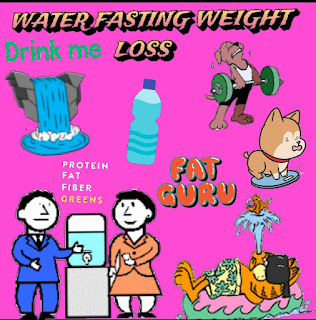 |
| WATER FASTING WEIGHT LOSS |
Water fasting is becoming increasingly popular among intermittent fasting enthusiasts and novices.There are a lot of beliefs concerning this type of fasting, so we answered 5 of the most common ones to clear things up once and for all.
How long should you do water fasting?
Water fasts usually last between 24 and 72 hours. That's the longest period of time you can go without eating. If you plan on fasting for longer than 24 hours, talk to your doctor about it and see if fasting under medical supervision is an option.
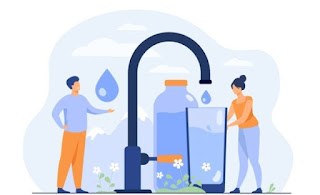 |
| WATER FASTING WEIGHT LOSS |
According to medical experts, starving your body of food might have serious health consequences if you don't take the appropriate precautions.
How do you go about doing a water fast?
Fasting on water can be extremely difficult both psychologically and physically, therefore you need prepare yourself accordingly. If you're new to water fasting, we recommend spending three to four days training your body to go without food.
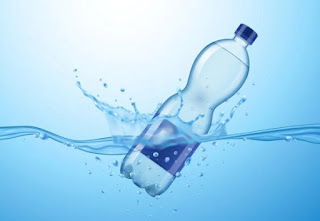 |
| WATER FASTING WEIGHT LOSS |
Some tips on how to get started:
1.Eat plenty of energy-boosting foods before starting the water fast, such as bananas, fatty fish, eggs, or brown rice.
2.Fast for part of the day or reduce your portion sizes for 3“4 days.
3.Pay attention to how you feel before beginning the fast; if you are tired, you should not fast.
4.Instead of doing intense workouts that sap your energy, go for long walks.
5.Choose your fasting day carefully because some people feel weak or dizzy during a water fast, so there's a good chance you won't be able to function normally.
You are not allowed to eat or drink anything other than water during a water fast, as previously stated. During a water fast, most people drink 2“3 litres of water each day. However, you should be cautious because during fasting, you may feel compelled to drink more than usual.
 |
| WATER FASTING WEIGHT LOSS |
When you drink too much water, you risk becoming dehydrated, intoxicated, or having your brain function disrupted. To avoid this, we recommend consuming approximately 2“3 litres of water throughout the day.
What can you anticipate from a water fast?
Remember that fasting deprives the body of the nutrition it need, so you can expect to feel fatigued and run down. During the water fast, you'll need to conserve your energy, so get plenty of rest and avoid strenuous exertion.
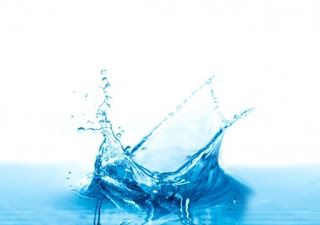 |
| WATER FASTING WEIGHT LOSS |
There's a good risk you'll feel dizzy, weak, or sick if you don't eat. If you start to feel particularly ill and disoriented, you should either break your fast or seek medical counsel from your doctor.
How do you get rid of your water fast?
We understand that after a day of simply drinking water, you may feel compelled to have a large dinner. But keep in mind that once you've broken your fast, you shouldn't eat too much at once or you'll get a stomach pain or feel unwell.
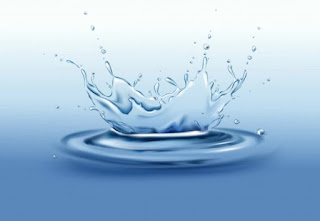 |
| WATER FASTING WEIGHT LOSS |
Small bites of food will help you break your fast. Smoothies, for example, are a great option. Because you might be at danger of refeeding syndrome, which is a potentially catastrophic illness in which the body's fluid and electrolyte levels shift rapidly, the post-fast phase is very crucial.
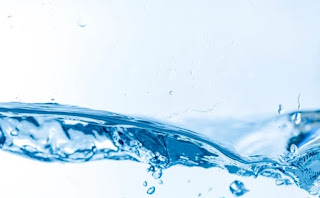 |
| WATER FASTING WEIGHT LOSS |
The lungs, heart, kidneys, and nervous system can all be affected by refeeding syndrome. No, we're not trying to scare you; we're just warning you about the unusual but potentially dangerous adverse effects of water fasting.
What are the advantages of a water fast?
So, there's one apparent reason why water fasting is so popular right now, and that's to lose weight. However, there are a number of reasons why you might wish to try water fasting.
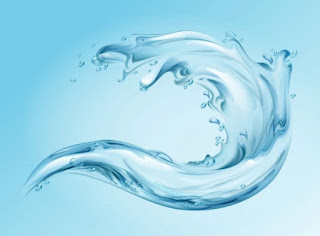 |
| WATER FASTING WEIGHT LOSS |
Taking a pause from eating, for starters, can help to reduce your blood pressure. In one study, 174 patients with high blood pressure fasted for 10“11 days over the course of a month. Around 90% of participants had dropped their blood pressure to normal levels by the end of the study. Second, it may encourage autophagy, the body's natural process of removing damaged cells in order to regenerate new ones.
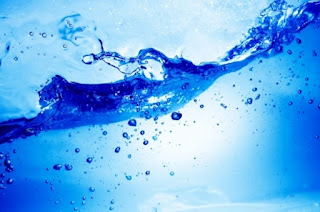 |
| WATER FASTING WEIGHT LOSS |
Finally, water fasting has been shown to reduce the incidence of diabetes, cancer, and heart disease. Water fasting may provide some health benefits, but cutting overall calories or opting for alternative intermittent fasting patterns is just as effective and certainly safer for weight loss.
Post a Comment